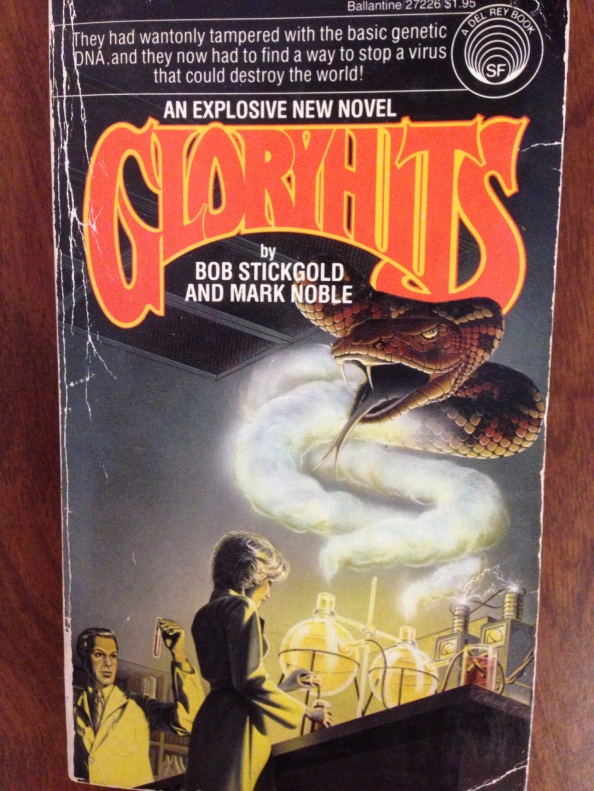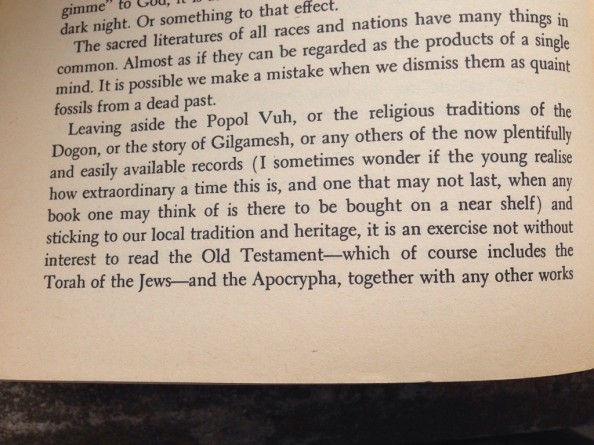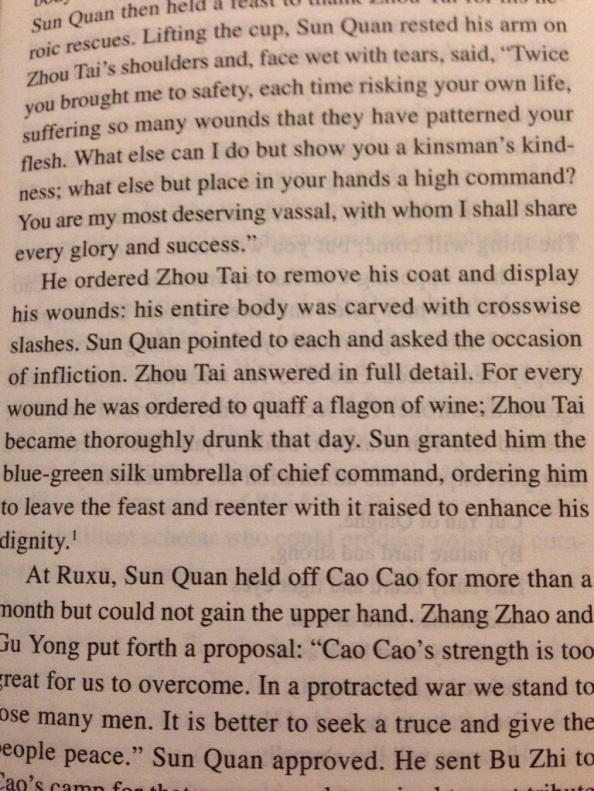I can’t be the only person in this world who wishes Steven Brust and Ta-Nehisi Coates were talking more, at least where I could hear it. Initially I just figured that they were two smart, well-spoken, well-informed people with shared interests in the Civil War and fantasy literature, and it was hard not to imagine an interesting conversation eventuating. As I’ve been reading them regularly over the months and years, some other trends emerge, both commonalities and contrasts. They’re both decidedly to the left of center, but it’s not the same “left” whose center of mass is people like me, i.e. mainly white folks with advanced degrees from brand-name universities who have a lot of opinions and don’t do a whole lot — although those people do, I think, form a large part of their audiences. They’re both from working-class backgrounds; both low on formal education, although the depth and facility of their thinking don’t appear to have suffered for it; both raised in families engaged in the work of revolution. Brust identifies as a revolutionary, but his brand of revolution doesn’t really have a place for racism as an organizing force in society, instead classifying it as a special instance of class war. Coates does not identify as a revolutionary yet, but in his recent “blue period” his dissection of the racist roots of American society is so comprehensive that it’s hard to imagine revolution can be far from his mind.
That’s perhaps overstated for parallelism’s sake. OK. But it arises not entirely inorganically when you read, from a recent post on capital punishment:
In America, the history of the criminal justice—and the death penalty—is utterly inseparable from white supremacy.
If you’ve been reading Coates in the last year, you know that “criminal justice” can be replaced with any X short of possibly dog breeding. I could say “in his opinion,” and that would be true, but I don’t want to dismiss it as just opinion–I think he makes a good case; I think it might really be true. Coates goes on to say
Understanding this, it is worth asking whether our legal system should be in the business of doling out an ultimate punishment, one for which there can never be any correction.
(The quoted “this” has a different referent in context, but I think the one implied here will serve.) Yes, it is worth asking. But it is also worth asking the next question, or rather, all of them at once: What should such a legal system be in the business of doing?
This isn’t meant to be a rhetorical question, at least not in the sense that it exposes an absurdity or a contradiction. I’m just trying to get where it goes. Criminal justice has a racist history, granted; racism still corrupts the practice of criminal justice today, acknowledged. Then what? If we shouldn’t accept this corruption in the death penalty, why should we accept it elsewhere in the law? If we shouldn’t–what do we do?
I don’t mean to suggest Coates should have an answer here. I’d appreciate one, but I don’t want to minimize the importance of anatomizing the problem. In any case, I wrote this post because the problem made me think of Brust and revolution. If the corruption in the system, whatever that is, is bone-deep and indelible, is there any other option?
Well, I imagine Coates saying, there’s always getting by. Living how you can. Talking about the problems, not out of any hope of fixing them, but out of fear that they’ll get worse if they’re overlooked. That’s a genuine form of hope, I guess; and even if it isn’t, maybe the idea that hope is necessary is an affectation of those who’ve never had to go without it.
John Scalzi’s latest Big Idea is LONG HIDDEN: SPECULATIVE FICTION FROM THE MARGINS OF HISTORY. I still need to finish Kai Ashante Wilson’s “The Devil in America”. From experience, it’s easy for nerds to think this stuff doesn’t matter. But there are whole worlds you wouldn’t think to build; whole worlds I’m sure I never will.







